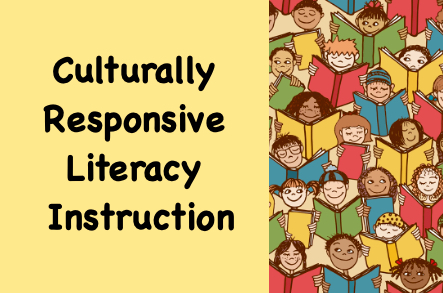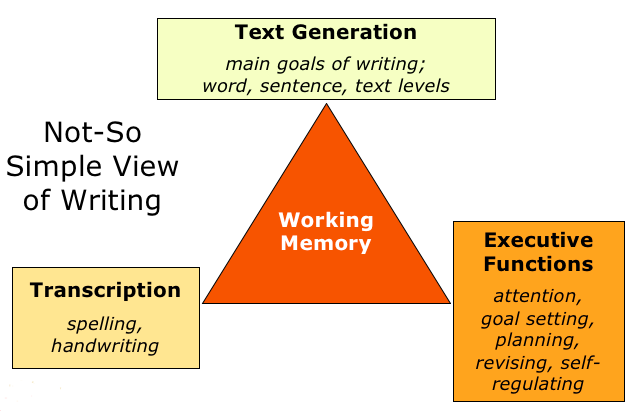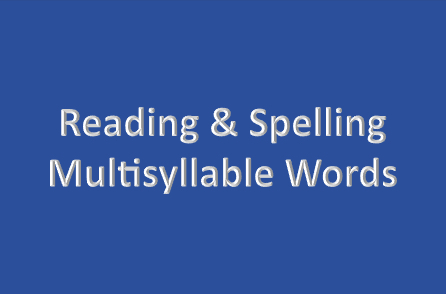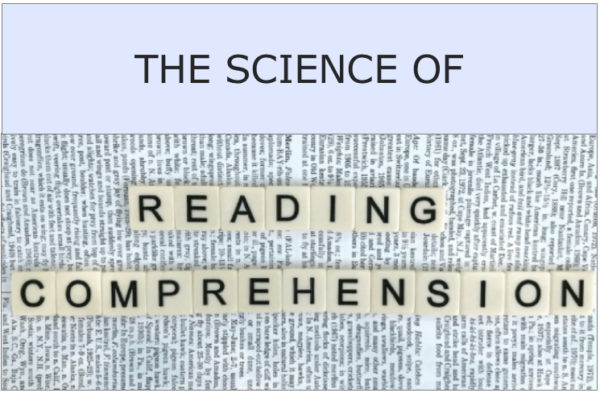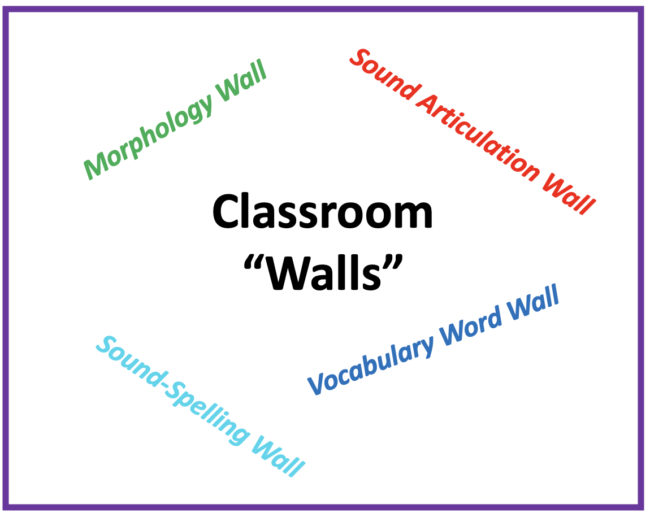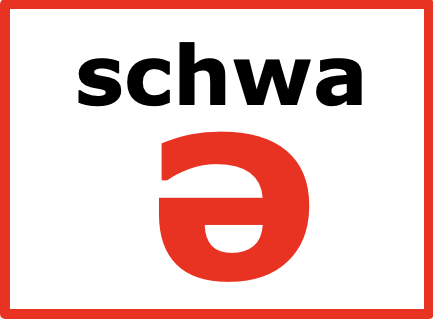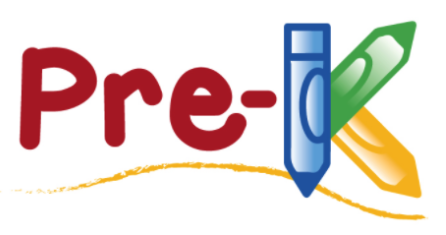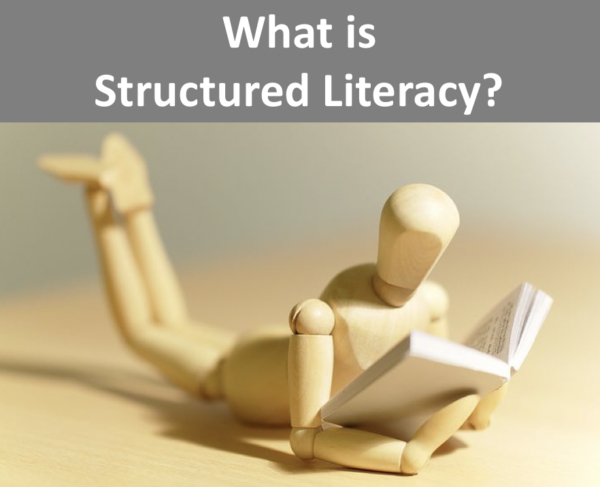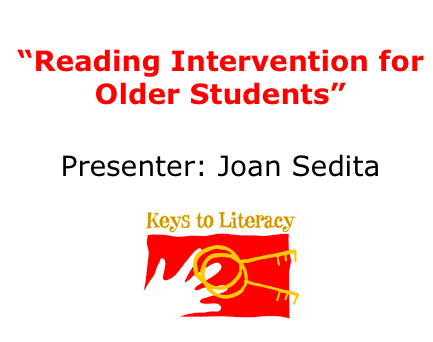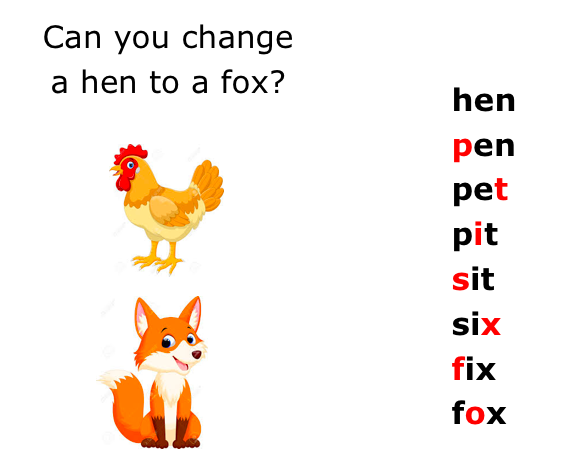ACCESSING KEYS TO LITERACY PD DURING SCHOOL CLOSURES
We are closely monitoring the COVID-19 situation and the impact on our employees and the schools where we provide professional development.
During this time period when onsite, face-to-face training and coaching is not possible, we offer multiple options for accessing our literacy PD content and instructional practices.
If you are a current or new partner, explore our website or contact us to learn more about:
- Live virtual training, coaching
- Facilitated and asynchronous online courses
- Free webinars and resources
info@keystoliteracy.com
978-948-8511

